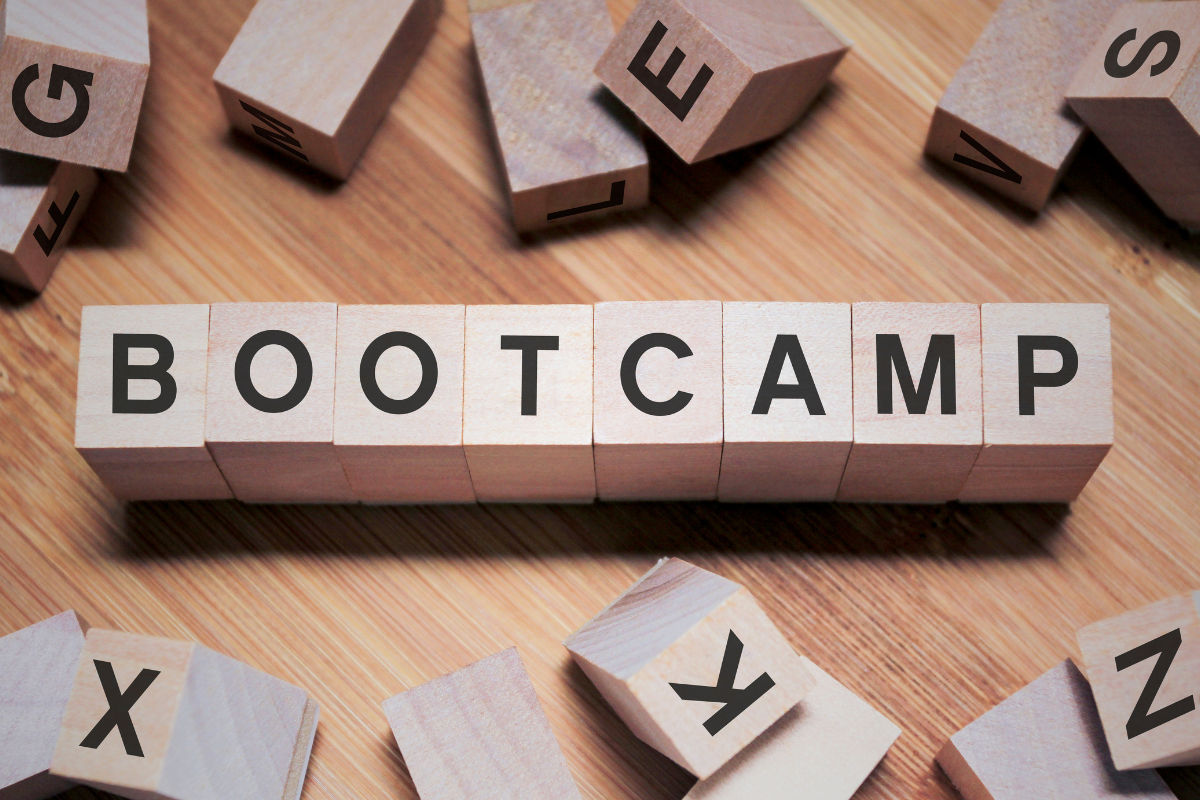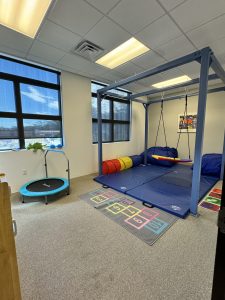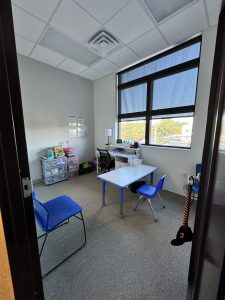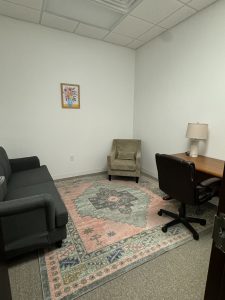Helping Children Manage Sensory Processing Challenges with Therapeutic Listening
Does your child ever feel overwhelmed by sounds, textures, or certain situations? It can be tough to see kids struggle with sensory processing challenges. Therapeutic Listening is a powerful tool designed to help kids manage sensory difficulties and regulate their emotions.
What is Therapeutic Listening?
Therapeutic Listening is a treatment that uses specially designed music and sound frequencies to help children’s brains process sensory information more effectively. By listening to certain types of music, children can improve their brains’ ability to process various sensory experiences. This can help with a range of challenges, including sensory processing difficulties, anxiety, ADHD, and autism.
The music used in this intervention is not ordinary—it’s carefully selected to stimulate the brain and promote better sensory integration. This can help your child feel more comfortable and balanced in everyday life.
How Does It Work?
When your child listens to specially designed music, the brain is encouraged to respond to the sounds to improve focus, attention, and emotional regulation. The frequencies and rhythms in the music are designed to calm the nervous system, which can be especially helpful for children who have trouble managing stress or staying focused.
Therapeutic listening helps kids develop better emotional control, reducing feeling overwhelmed. It also assists them in staying calm in situations where they might otherwise feel anxious or overstimulated. This method is non-invasive, meaning it doesn’t require medications or complex procedures.
How Can Therapeutic Listening Help My Child?
- Improves Sensory Processing
Kids with sensory processing difficulties often struggle to filter out distractions, making it difficult to focus or stay calm in everyday situations. Therapeutic Listening can train their brain to process sensory information more efficiently, improving their ability to respond appropriately to sensory stimuli. It can also assist with tolerating a variety of auditory inputs. - Enhances Emotional Regulation
Children with anxiety or emotional dysregulation can benefit from this intervention because it helps them stay calm and grounded. By listening to music, they can learn to control their emotions and reactions, making it easier to handle stressful situations. - Boosts Focus and Attention
Therapeutic Listening has been shown to improve focus and attention, which is particularly beneficial for kids with ADHD or other focus-related challenges. The music stimulates the brain, helping kids stay more engaged and better concentrate. - Supports Overall Well-being
Therapeutic Listening is not just about improving focus or reducing stress—it’s about supporting emotional and mental well-being. Kids who feel emotionally balanced are likelier to interact positively with others and experience tremendous success at school and home.
How Carolina Therapy Connection Can Help
At Carolina Therapy Connection, we offer Therapeutic Listening as part of our sensory integration therapy services. Whether your child struggles with sensory processing, emotional regulation, or focus, we are here to help them develop the skills they need to thrive. If you’re interested in learning more about Therapeutic Listening and how we incorporate this approach into therapy, including intensives, please feel free to contact us to schedule an evaluation. You can also use this link to explore our pediatric intensive therapy services.











